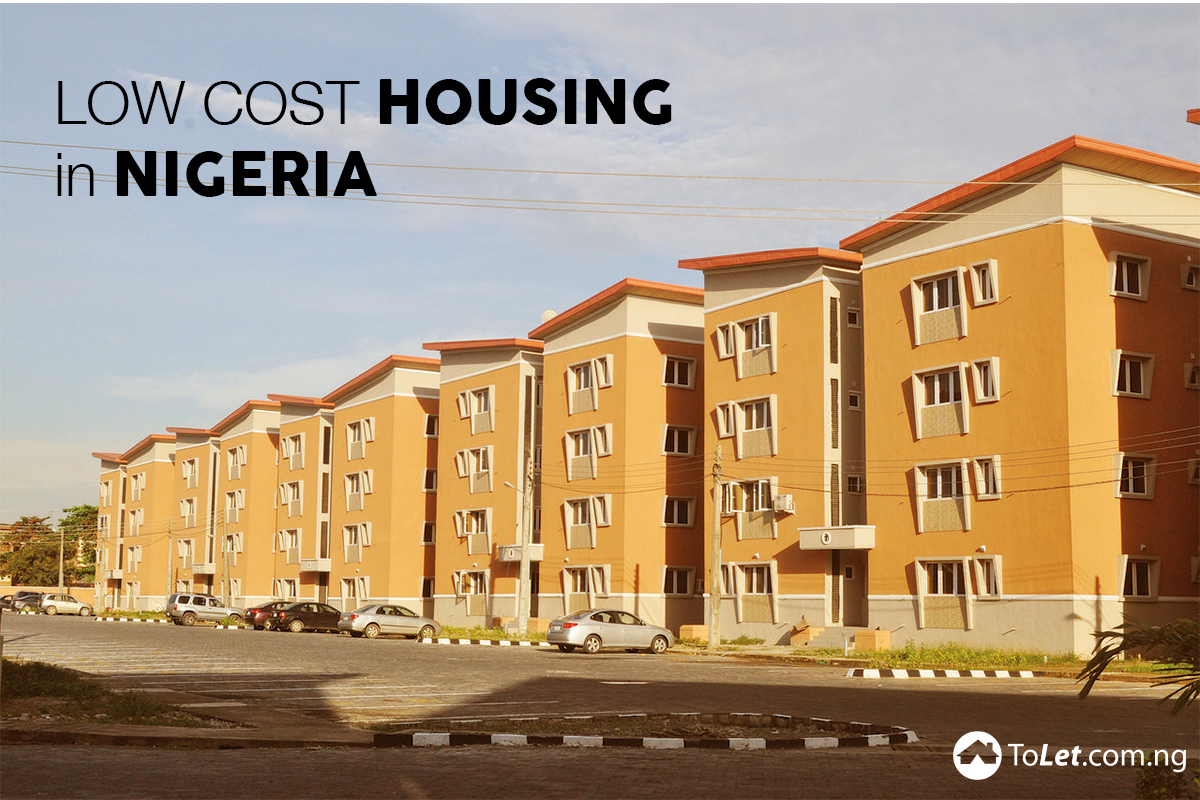
This class refers those belonging to or having the physical qualities of any racial group.

Learn more: Race

Color
Color was one of the first four protected classes covered by the Fair Housing Act of 1968. There is overlap in between color, race, and nationwide origin, however normally this class describes the noticeable color of one's skin.
Learn more: Color
Religion
Religion was among the first four secured classes covered by the Fair Housing Act of 1968. People of all faiths are protected, consisting of people who have no religious beliefs.

Find out more: Religion
National Origin
National origin was one of the very first four secured classes covered by the Fair Housing Act of 1968. National origin suggests where you are from or viewed to be from. This includes ancestry, ethnic background, birth place, culture, and language.
Learn more: National Origin
Sex or Gender
In 1974 the Fair Housing Act was changed to include sex as a secured class. This class protects people from discrimination based on biological sex, gender, and gender stereotypes. Since 2020, the Federal Fair Housing act covers sexual preference and gender identity under the safeguarded class of sex.
Find out more: Sex
Disability
In 1988 the Fair Housing Act was modified to consist of impairment as a secured class. Disability is specified as "a physical or mental problems that considerably restricts one or more significant life activities."
Find out more: Disability
Familial Status
In 1988 the Fair Housing Act was changed to include familial status as a protected class. Familial status covers anybody who has legal custody of children under age 18, is pregnant with a kid, or is in the process of adopting.The only exception to the familial status protection uses to communities for the elderly.
Read More: Familial Status
Age 55+
For the purposes of law, elderliness refers to persons age 55 or older. Elderliness is not a secured class under federal reasonable housing laws, however, Virginia fair housing law extends defenses to those age 55 and up. It is illegal to decline to offer, rent, or negotiate housing based on elderliness.

Read More: Age 55 and Up
Source of Funds
Source of funds, or source of income, became a protected class in the Virginia's reasonable housing laws on July 1, 2020. Under the Federal Fair Housing act, source of funds is secured due to the disparate impact it has on individuals of color, single mothers, and people with impairments. It is unlawful to discriminate since of any source that lawfully provides funds to or on behalf of a tenant or buyer of housing, consisting of any assistance, advantage, or aid program, whether such program is administered by a governmental or nongovernmental entity.
Learn more: Source of Funds
Military Status
In 2020, military status was contributed to Virginia's fair housing laws. This include active military service members, veterans who served in the active military and who were discharged or launched under conditions besides dishonorable, and family members of active military service members or veterans.
Read More: Military Status
Sexual preference
In 2020, sexual preference was included to Virginia's fair housing laws. As of 2020, the Federal Fair Housing act likewise covers sexual preference under the secured class of sex. It is prohibited to victimize an individual for their actual or perceived heterosexuality, bisexuality, homosexuality. This consists of discrimination due to somebody's physical look, mannerisms, the partner they are with, or any self-identifying signs or flags.
Find out more: Sexual Preference
Gender Identity
In 2020, gender identity was added to Virginia's fair housing laws. As of 2020, the Federal Fair Housing act likewise covers gender identity under the secured class of sex. It is prohibited to discriminate versus somebody for their gender-related identity, appearance, or other gender-related qualities of a private, with or without regard to the person's designated sex at birth. This includes discrimination due to someone's gender non-conforming appearance, their evident gender not matching their legal recognition (chauffeurs license), or any self-identifying signs or flags.
Read More: Gender Identity
Tell HOME About Your Housing Discrimination
What is Fair Housing?
Fair Housing is the concept that all individuals can live where they choose, devoid of discrimination. Fair housing has to do with welcoming variety and making every effort to create stronger neighborhoods that are welcoming and inclusive. Fair housing is not about offering certain individuals special rights, it's about making sure everybody has equal rights and equal access to housing.
In 1968, the Fair Housing Act was passed to protect people from discrimination in housing-related deals, such as renting an apartment or condo, acquiring a mortgage, or buying property owner's insurance coverage. Under Virginia and federal laws, it's unlawful to discriminate against somebody based upon their status as a member of the following protected classes: race, color, religious beliefs, national origin, sex, familial status, impairment, those age 55 or older, source of funds, sexual preference, gender identity, or military status. Everyone belongs to several protected classes, so everybody needs to be protected equally by fair housing laws.
The requirements under the fair housing laws use to nearly all housing providers, including residential or commercial property supervisors, owners, property managers, real estate agents, banks, savings organizations, cooperative credit union, insurance provider, mortgage loan providers, and appraisers.
What is Discrimination?
Discrimination is differential treatment of a person or a group of people based upon a certain characteristic.
Discrimination can have many faces, from straight-out hateful to courteous but oblivious. It likewise isn't constantly one individual acting versus another, it can also exist in traditions, beliefs, policies, ideas, practices, laws, and institutions. Someone may act prejudiced even if it was not their objective. No matter how it happens, the outcome is that people belonging to particular groups are rejected access to chances.
Most housing discrimination has come a long way from neighborhood indications requiring "white occupants only." Today, it is frequently subtle, sometimes polite, and can leave individuals puzzled as to whether their rights were broken. The U.S. Department of Housing and Urban Development (HUD) approximates that more than two million circumstances of housing discrimination occur each year. Unfortunately, less than one percent of those instances are reported. It is important to discover what discrimination can look like in various situations to secure your rights, and the rights of others.
Discrimination can happen throughout the look for housing, such as making an application for a house or buying a home. The outcome is that an individual is left out from living where they select to and must search in a less preferred location. This involves:
Direct refusal or harassment
False representation of home accessibility
Additional application requirements that disqualify or target a specific group of individuals
Unfair funding or loan credentials
Steering, or constraints an individual's option of housing
Discrimination can likewise happen in an already developed living arrangement, such as in an apartment building. The outcome is that an individual might no longer feel welcome or safe and may feel the requirement to transfer to avoid emotional or physical distress. This includes:
Harassment, intimidation, or coercion
Differential treatment of occupants
Unfair or unequal terms
Failure to supply equivalent access to services and facilities
Neglecting upkeep or accommodations
Disparate effect is when practices or policies that are not made with the intent to discriminate are discovered to trigger housing discrimination. For example - blanket restrictions on everybody with any criminal history has a diverse influence on African-American men since of the out of proportion incarceration rates between minorities and non-minorities.
Neighborhood Harassment
Hate crimes against minorities have actually increased in the U.S. This is inappropriate. We all must take a stand against xenophobia, bigotry, and discrimination in our neighborhoods. If you have experienced racism due to the fact that of your race or national origin in your community or in your search for housing, report it to HOME to investigate and get you help.
You are protected from harassment in your community. Harassment includes disturbance, coercion, hazards, or intimidation. Examples can include next-door neighbors using racial slurs against a fellow neighbor, the circulation of hate mail to a minority area, a landlord verbally abusing an occupant since of their national origin, and more.
Contact HOME if you witness or go through harassment in your home or neighborhood based upon your protected class.
Download the Neighborhood Harassment leaflet: English PDF|Arabic PDF
How We Can Help
You do not need to face discrimination alone. If you have been discriminated versus in housing, or if you are uncertain if you have, we can help. Submit a type to our reasonable housing group and among our consumption coordinators will contact you to go over the details. It is essential that you consist of as much information as possible, so we can help figure out the very best course of action.
Even if you are not the direct victim of discrimination, we still wish to become aware of it! If you have heard of prejudiced practices taking place, contact us with as much information as possible so we can examine.

How You Can Help
HOME counts on the work of dependable, social mindful testers to discover instances of housing discrimination. If you have an interest in assisting us uphold reasonable housing in your neighborhood, please think about becoming one of HOME's testers.







